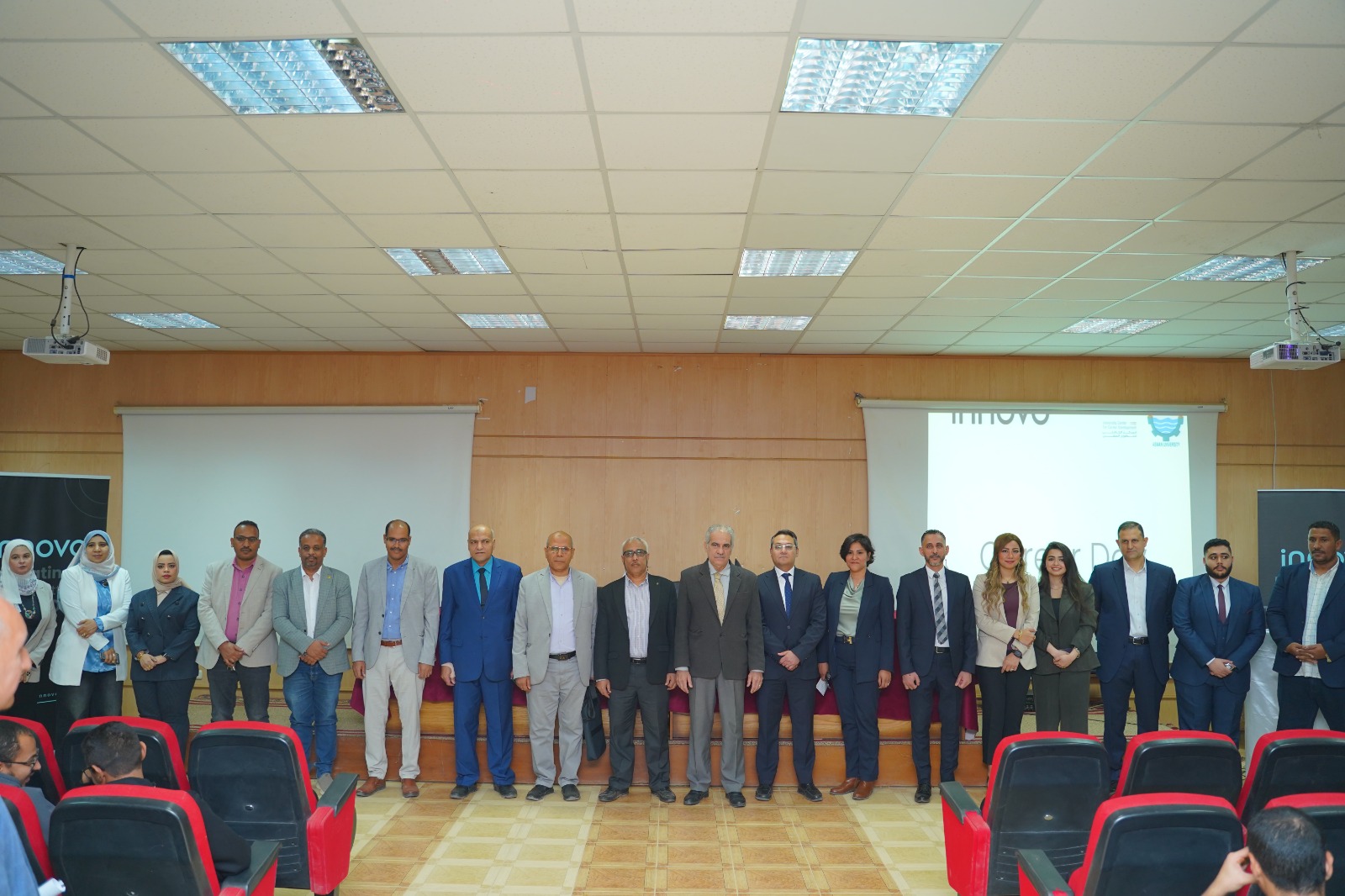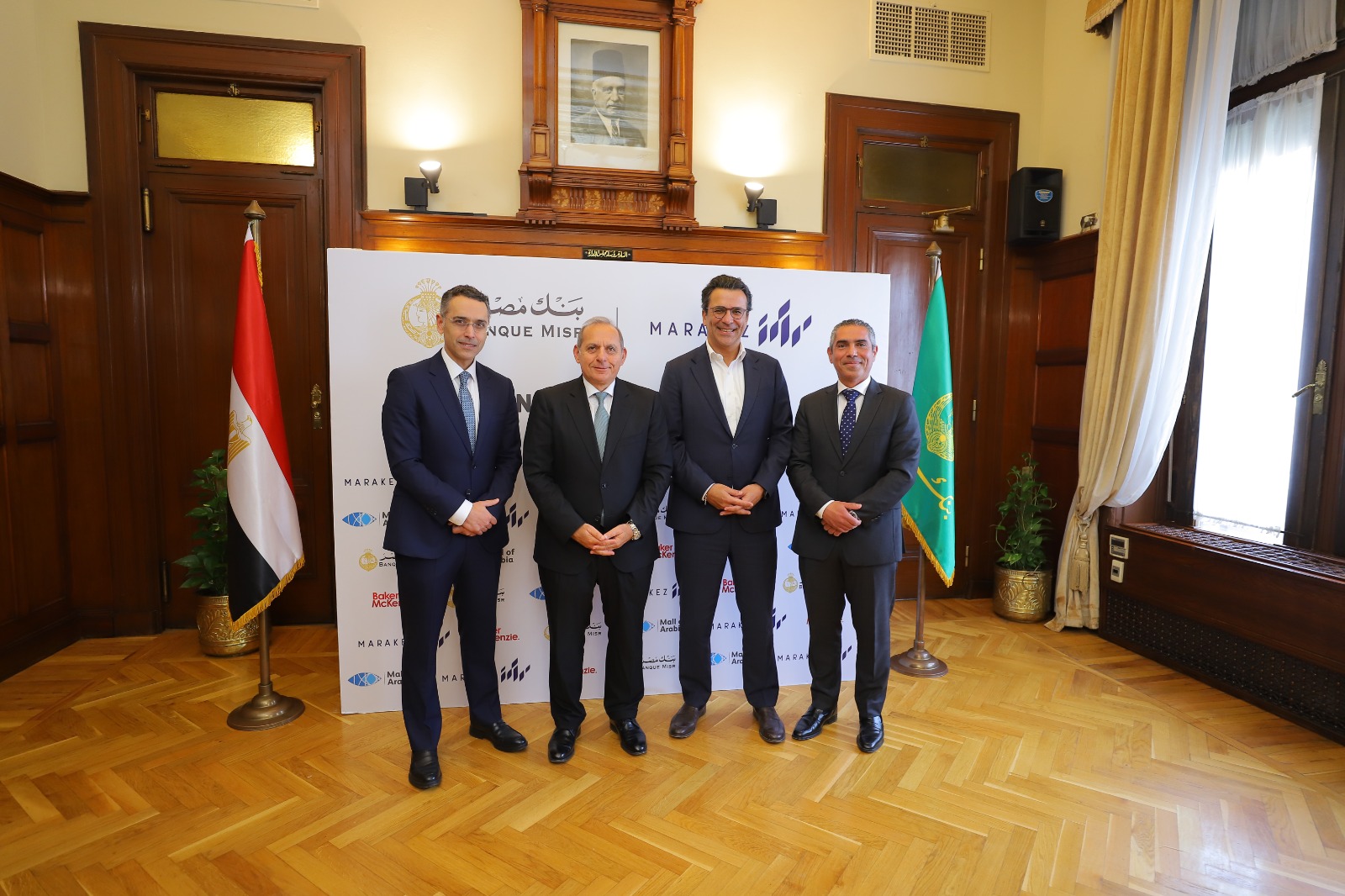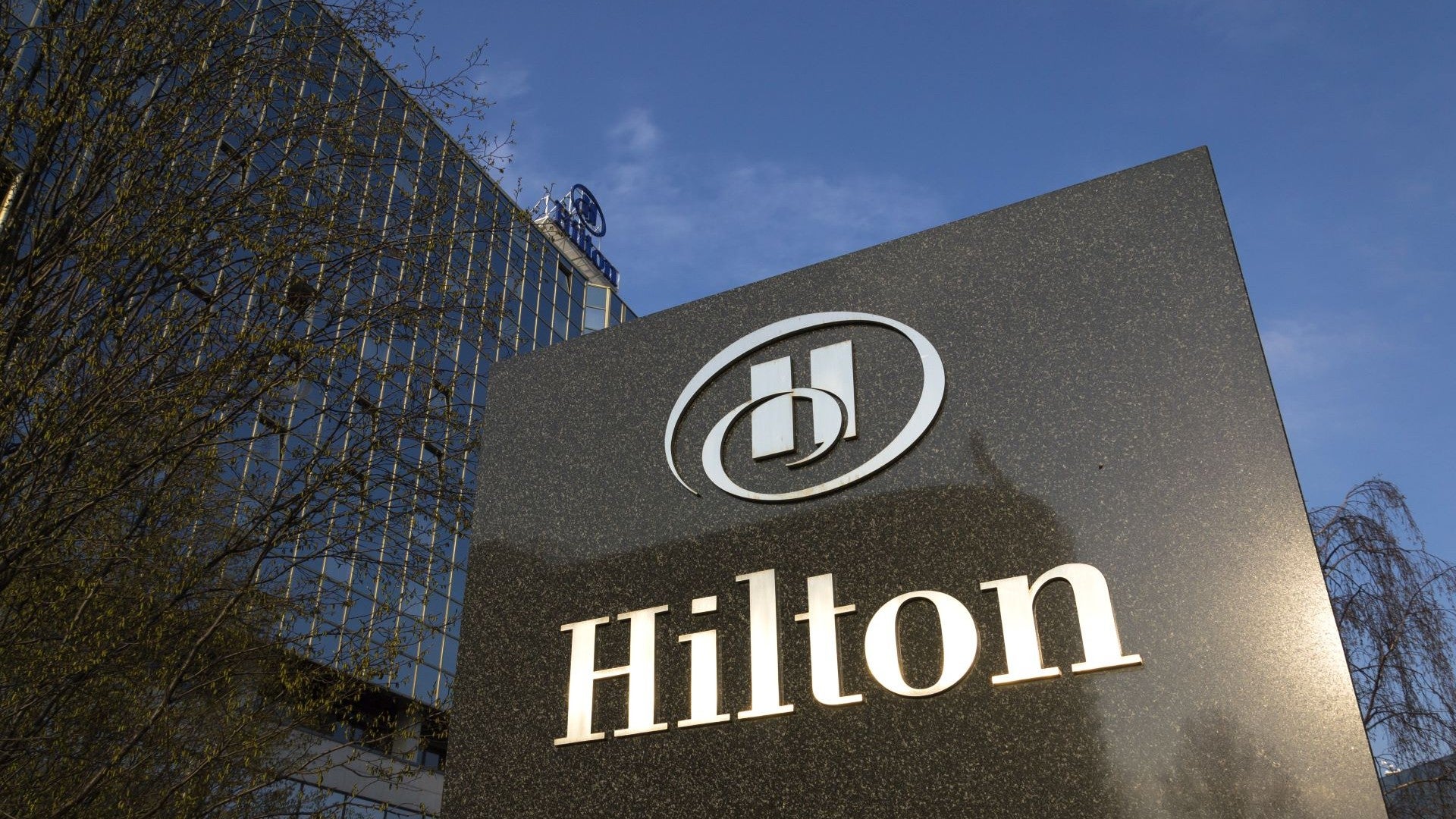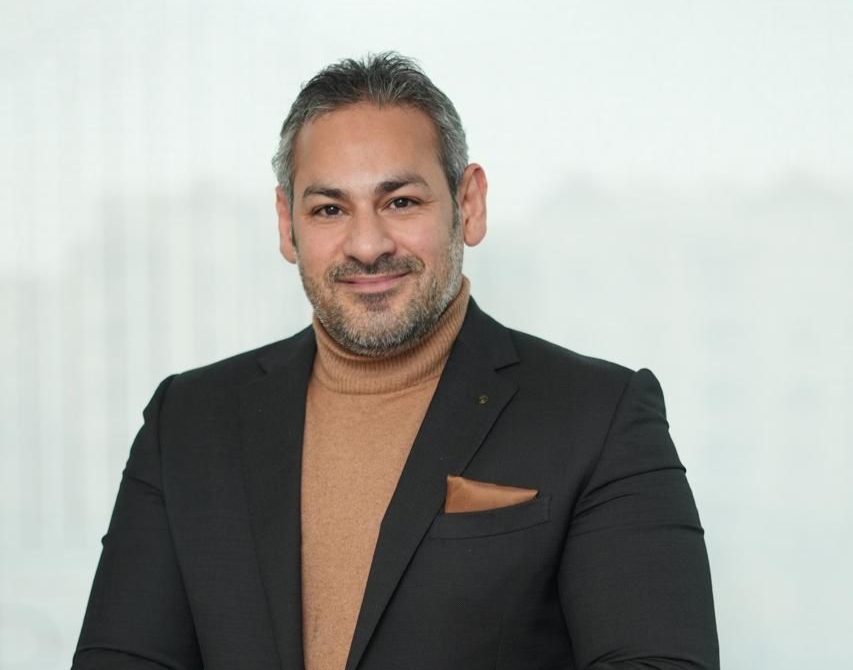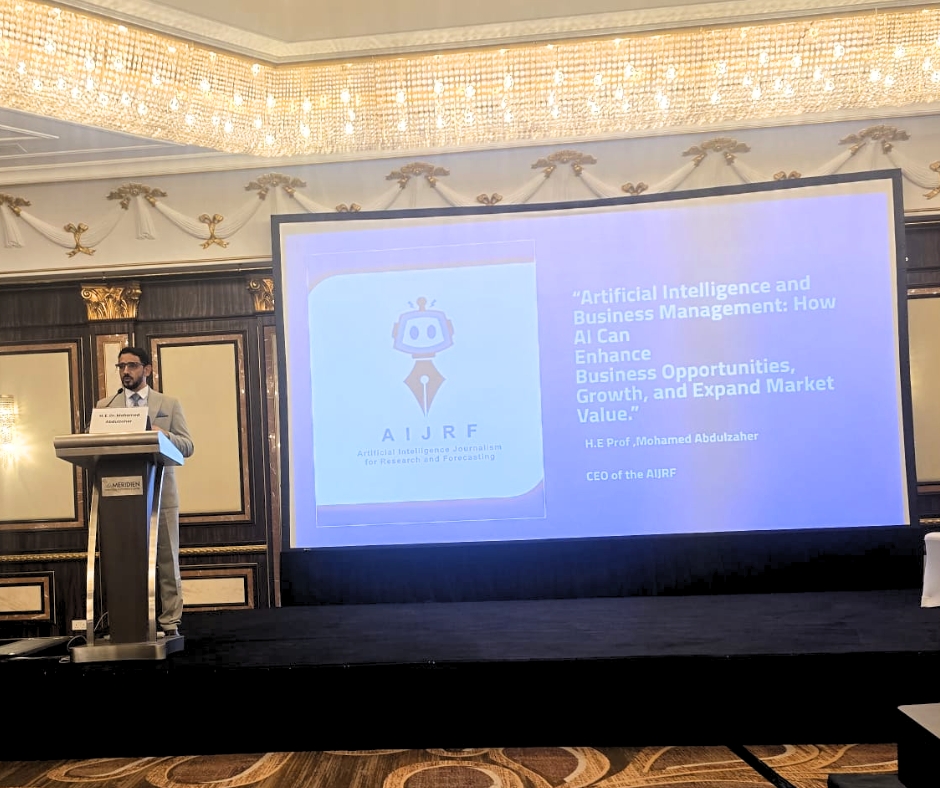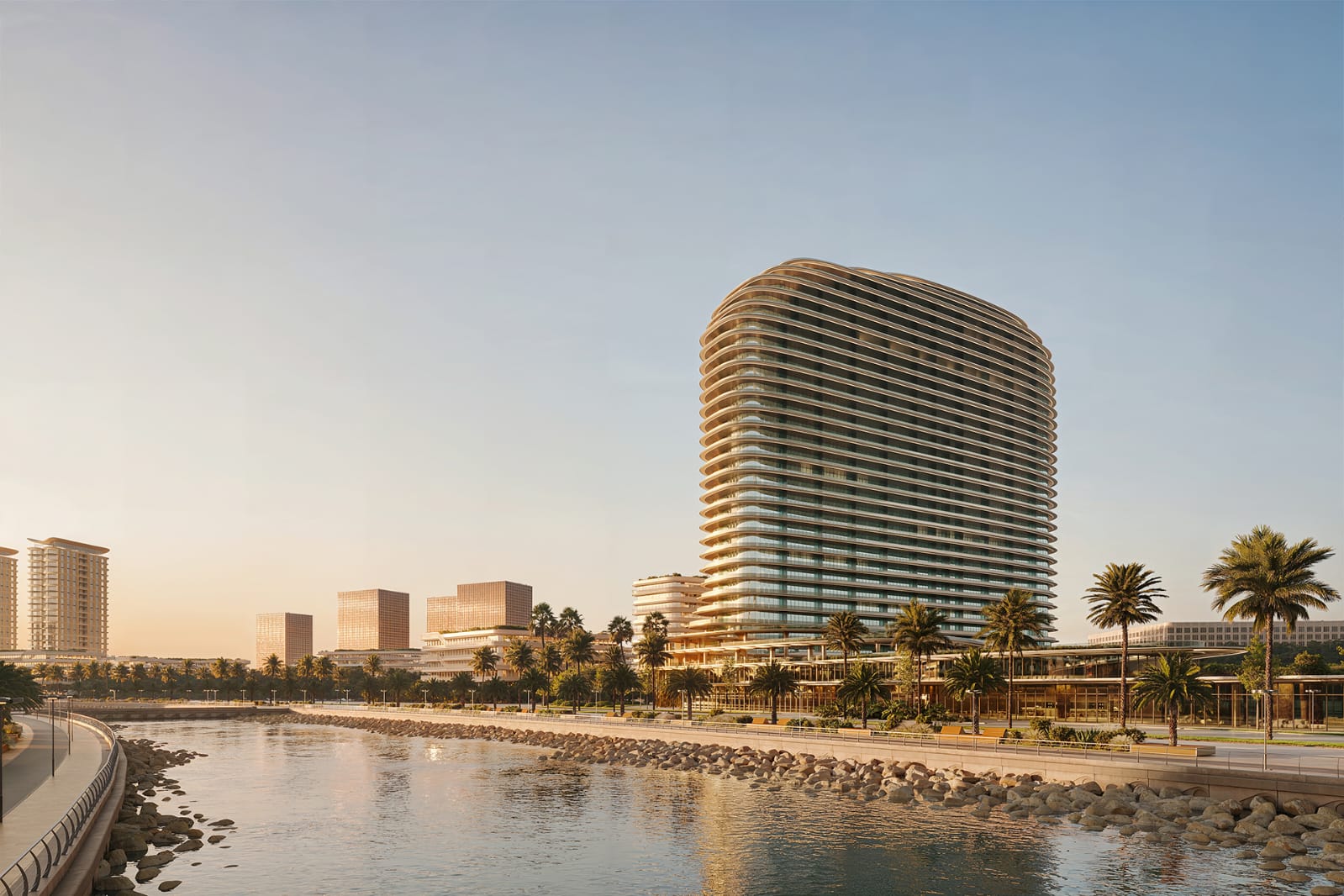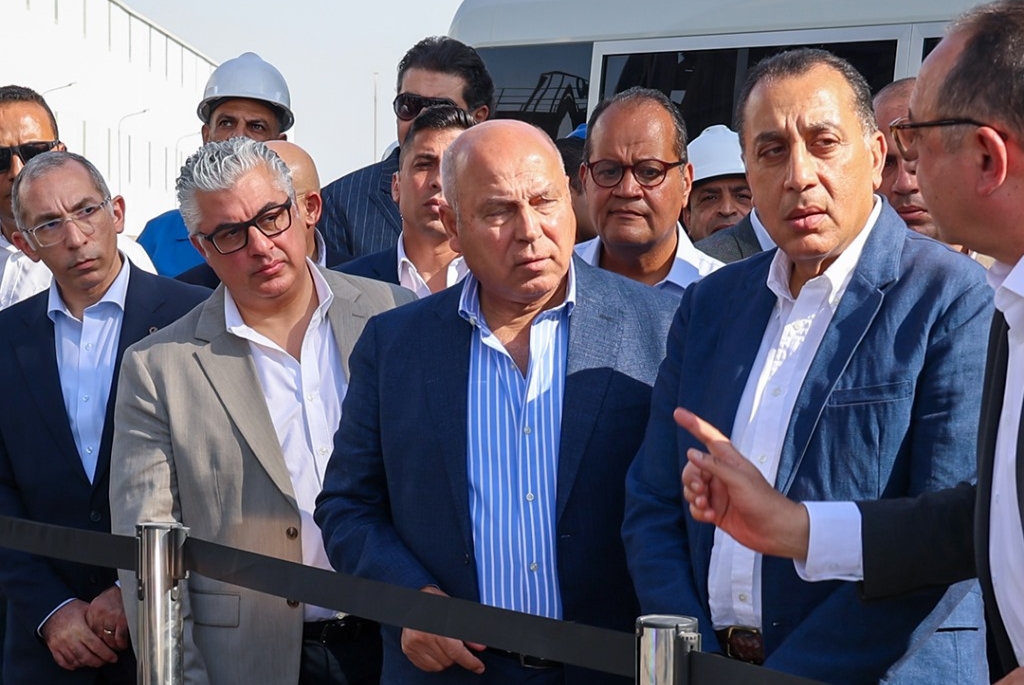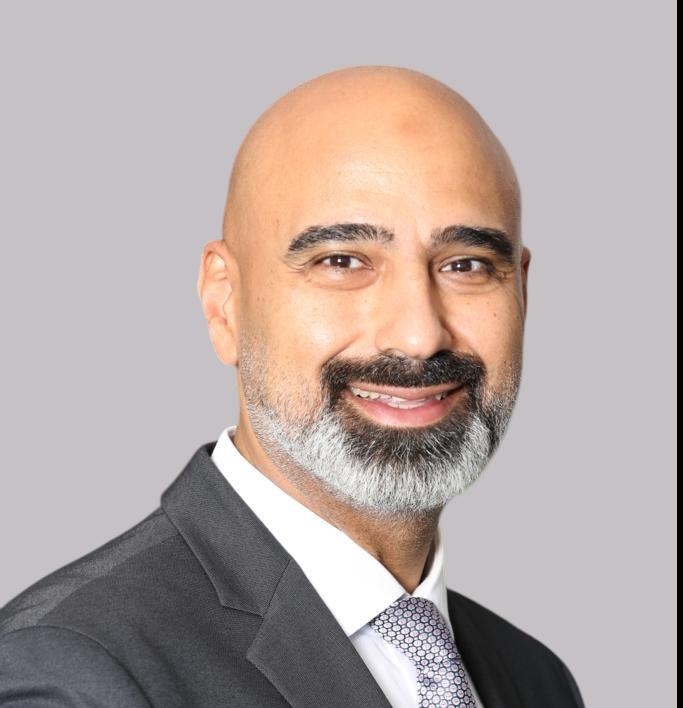Dubai – Masaader News
HE Saeed Mohammed Al Tayer, Vice Chairman of Dubai Supreme Council of Energy today launched the State of Green Economy Report 2018. The Supreme Council of Energy compiled the report in collaboration with the United Nations Development Program (UNDP), and the Dubai Carbon Centre of Excellence (Dubai Carbon). The report was launched at the Youth Hub in Emirates Towers, Dubai.
The State of Green Economy Report 2018 includes eight chapters on green economy development, under the theme ‘Youth and building the future.’ It reviews the efforts of various organisations in green economy, with a general perspective by young Emiratis, as well as the efforts done by various sectors in the transition to a green economy. The chapters cover several topics, such as the World Green Economy Summit (WGES), Innovation and Technology, Roadmap to the Future, Energy, Renewable Technology, Smart Cities, Green Transformation, Policies and Governance, Youth, and the Private Sector.
“Today, we launch the State of Green Economy Report 2018, where we review the efforts and success stories, to achieve the vision of our wise leadership, led by His Highness Sheikh Khalifa bin Zayed Al Nahyan, President of the UAE, and His Highness Sheikh Mohammed bin Rashid Al Maktoum, Vice President and Prime Minister of the UAE and Ruler of Dubai. This vision is to promote sustainable development and the green economy in the UAE, while planning for the future and achieving the objectives of the UAE Centennial 2071 to ensure a happy future and a better life for future generations, and to raise the status of the UAE to be the best nation in the world. The UAE believes that sustainability is a global priority. Under the guidance of our wise leadership, the government of the UAE aims to ensure sustainable development, while preserving the environment and balancing economic and social development. Federal and local visions and strategies focus on preserving natural resources, and implementing green growth plans, in line with the UAE Vision 2021, the UAE Green Growth Strategy under the theme ‘Green Economy for Sustainable Development,’ the Dubai Plan 2021, and other strategies. All these contribute to achieving the United Nations’ Sustainable Development Goals,” said HE Saeed Mohammed Al Tayer, Vice Chairman of Dubai Supreme Council of Energy.
“Dubai has proved that it continuously fulfils its promises as it strives to become a global hub for green economy; a global model for green partnerships and financing, energy efficiency and security, investing in renewable energy and demand side management. These will all curb carbon emissions and achieve the objectives of the Dubai Clean Energy Strategy 2050. The strategy was launched by His Highness Sheikh Mohammed bin Rashid Al Maktoum to make Dubai a global hub for clean energy and green economy, providing 7% of Dubai’s total power output from clean energy by 2020. This target will increase to 25% by 2030, and 75% by 2050. It also will set the lowest carbon footprint in the world in Dubai. The fourth State of Green Economy Report 2018 is the result of the joint efforts of the Dubai Supreme Council of Energy and the United Nations Development Program (UNDP), as well as the Dubai Carbon Centre of Excellence (Dubai Carbon). It is an annual platform to review the efforts of key players in green economy. This report summarises the results of the annual World Green Economy Summit (WGES) that is supported by the World Green Economy Organisation. In 2017, Dubai recorded two milestones in renewable energy and green economy. Dubai Electricity and Water Authority (DEWA) achieved the lowest Levelised Cost of Electricity (LCOE) of USD 7.3 cents per kilowatt hour (kW/h), for the 700MW AED14.2 billion fourth phase of the Mohammed bin Rashid Al Maktoum Solar Park. This is the largest single-site Concentrated Solar Power (CSP) project in the world, based on the Independent Power Producer (IPP) model. DEWA also announced its collaboration with National Bonds to launch the Green Fund with an aggregate of AED 2.4 billion, at WGES 2017,” added Al Tayer.
“The State of Green Economy Report 2018 includes eight chapters on green economy development, under one theme ‘Youth and the Future.’ It reviews the efforts of various organisations in green economy, with a general perspective by young Emiratis, and addresses the role of the private sector and its investments in the education, development, and empowerment of youth. Each chapter begins with a comment by a thought leader and then focuses on the excellent contribution of individuals and organisations in knowledge sharing and building partnerships to tackle the main points of discussion during WGES 2017 and gives a brief on their main outcomes and recommendations. The report also encompasses discussion on Green Finance and the Public-Private Partnerships and involving youth and integrating digital technologies in a green economy.”
“The report also reviews disruptive technologies that contribute to the green economy, DEWA’s Carbon Ambassadors Programme, Expo 2020 Dubai, the Dubai Future Foundation, and the Roadmap for the Future, to invest in youth and prepare them by knowledge transfer. The report reviews achievements in moving to renewable and clean energy sources, future projects, integration of smart technologies into processes to improve energy use and maximise efficiency, Artificial Intelligence services, and higher education on sustainability. The report also provides an overview of the transition to a green economy in the UAE, and Dubai, as well as the projects being implemented to combat the effects of climate change. It also addresses the development of policies and the application of the regulatory framework to implement policies to promote the green economy agenda, programmes, activities, and partnerships, to promote green economy,” continued Al Tayer.
“In celebration of the Year of Zayed, I would like to share a quote that the late Sheikh Zayed bin Sultan Al Nahyan, once said, “Future generations will be living in a world that is very different from that to which we are accustomed. It is essential that we prepare ourselves and our children for that new world.” I urge you to take a digital copy of the report. I hope it motivates us all in promoting green economic development around the world, and serves as a reference document to review the points of success and opportunities for improvement that will help us all move forward and achieve sustainability, as well as a bright future for generations to come,” concluded Al Tayer.
“The green economy can accelerate growth. Based on this, the State of Green Economy Report 2018 can add positive changes to society in the long term. The report aims to encourage the UAE towards green transformation, and help citizens to contribute to achieving environmental sustainability. After comparing this year’s report with the previous ones, we are confident that the State of Green Economy Report 2018, which focuses on the role of the youth in shaping the green economy, will provide many opportunities and enhance green development efforts,” said Waleed Salman, Chairman of Dubai Carbon Centre of Excellence.
The State of Green Economy Report 2018 reviews the demand for energy efficiency technologies in different sectors, and represents a strategic platform to show the major efforts of key players in the green economy. The report is one of the products of the WGES, as it gathers the core content of the activities set up during the Summit, with the direct support of the World Green Economy Organisation (WGEO).
The report highlights major green initiatives and investments, and is sponsored and supported by key players in various energy sectors, notably DEWA, ENOC, Empower, ENGIE, Emirates Global Aluminium (EGA), the UAE Water Aid Foundation (Suqia), ABB, and the Dubai Science Park.




